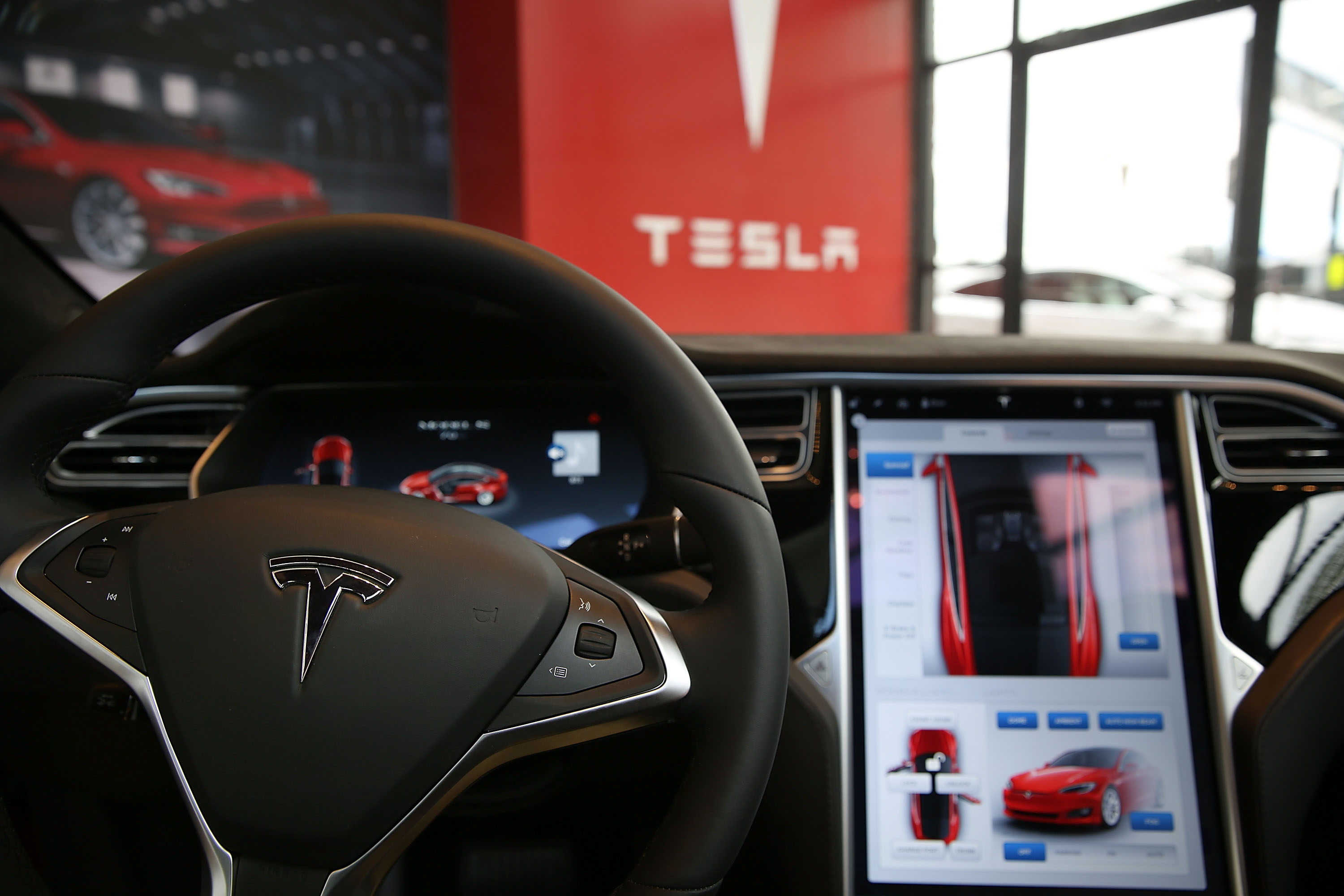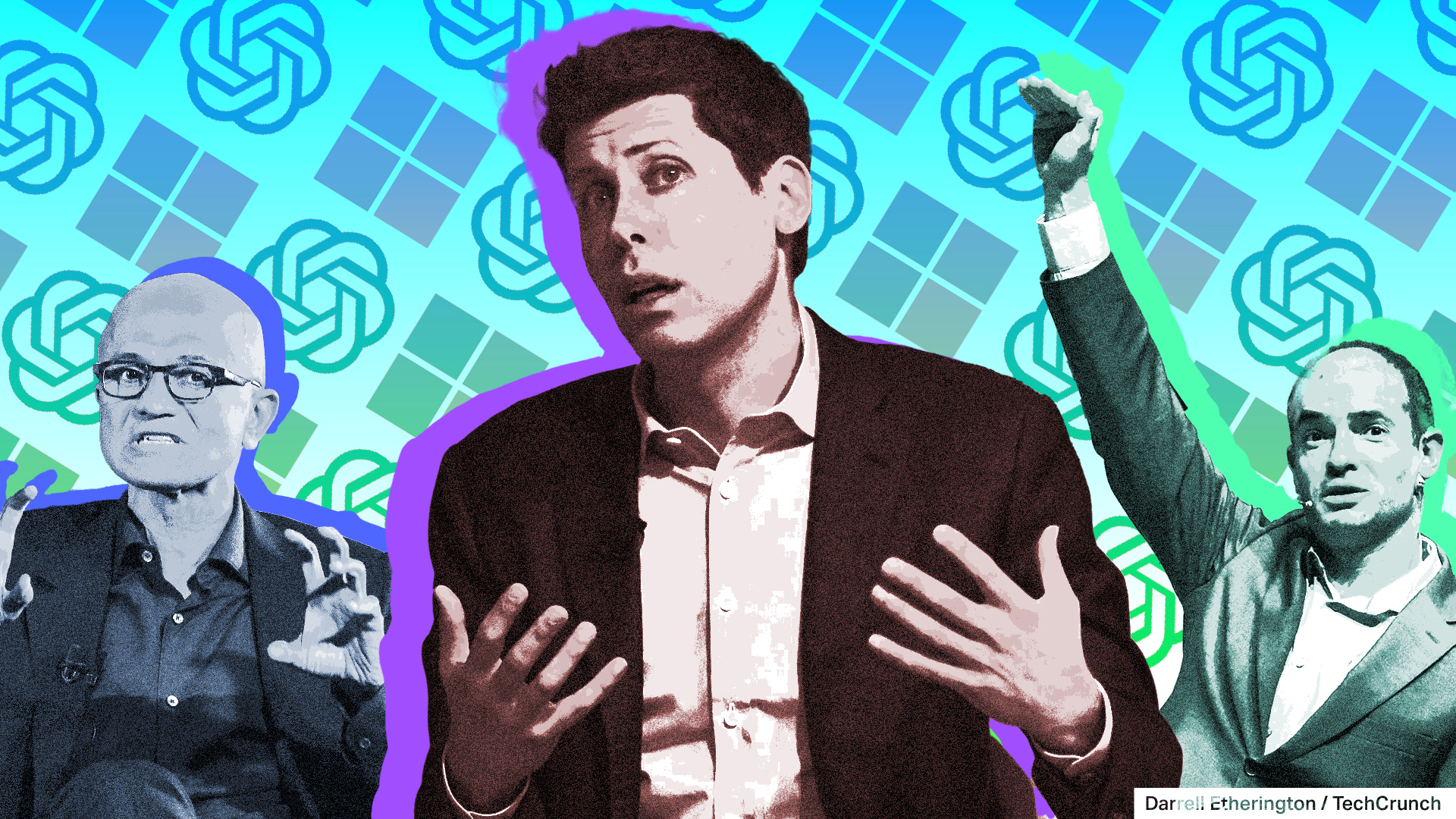Welcome to Startups Weekly. Sign up here to get it in your inbox every Friday.
Hello, you scrumptious specimen of a human being. Have you looked yourself in the mirror and given yourself a high five today? No? Well, here’s your chance!
I’ve had a productive couple of weeks on the site. I got pissy about founders failing to consider sustainability in startup pitch decks. I looked at a few thousand decks and realized that fewer than 1% mention environmental concerns, a fact I find deeply concerning. I argue that startup founders, unlike individuals in large corporations, are uniquely positioned to embed values like sustainability into the very fabric of their companies. Be better.
As I was talking with a founder last week about how they had terrible founder-market fit, and then got to thinking: Damn, it’s no wonder that most of my startups weren’t all that successful: I didn’t have great founder-market fit. Pretty sobering, and I concluded that, well, maybe I just don’t have what it takes to be a founder.
The final delightful rant I went on was in the aftermath of the whole Sam Altman/OpenAI shenanigans, where it seemed to transpire that he “hadn’t been forthcoming” with the board. That’s corporate speak for suppressing information — super bad juju when it comes to the C-suite and the board. In a nutshell: No, you can’t lie to your board.
With your regularly scheduled Haje rants out of the way — and given that it was a turkey feast last week, so I was too deep in a meat coma to write Startups Weekly last week — we have two weeks of startup news to catch you up on. Let’s get to it . . .
Car go vroom? Not so fast.

Image Credits: Spencer Platt/Getty Images
Look, I’m all for saving lives, but the government’s recommendation to make intelligent speed-assist (ISA) technology standard in new vehicles is an outrageous overreach. It is my God-given right as an American to drive 70 mph in a 65 mph zone, and I’m particularly furious about the suggestion that they’re going to use a car’s GPS and cameras to limit your speed to the speed limits. I’m all for road safety and all, but . . . come on. It isn’t even like it’s going to be all that helpful in the grand scheme of things: Plenty of fatal accidents happen well within the speed limits because idiots are futzing with their phones, and the number of uninsured and unlicensed drivers on the roads (not to mention the vast number of completely un-road-worthy junk heaps that are driving around) are far more dangerous than speeding.
While rooted in the noble intent of reducing traffic fatalities, the recommendation ignites a debate that extends beyond road safety, swerving violently into the headlights of core values of personal freedom, trust in government, and the evolving relationship between technology and our everyday lives.
Oh well, at least there’s still motorcycles, I guess.
In other news that goes vroom (or swoosh in the case of EVs):
Self-firing CEO: In a surprising turn of events reminiscent of a driverless car taking an unexpected detour, Kyle Vogt, the visionary behind Cruise’s journey from a humble startup to a GM powerhouse, has decided to park his role as CEO.
The Buy Now button just got more dangerous: Amazon, once a humble bookstore, is now revving up to steer into the car market, partnering with Hyundai to start selling vehicles online.
Didn’t see that coming: In a turn of events that even a self-driving car didn’t see coming, a Florida judge has found that Tesla, under the leadership of Elon Musk, was aware of defects in its Autopilot system, yet continued to let them cruise down the road of public use.
So what was that whole Sam Altman thing?

Image Credits: Darrell Etherington with files from Getty under license
In the AI world’s equivalent of a high-tech soap opera, Sam Altman, the erstwhile CEO of OpenAI, found himself ousted in a flurry of drama and intrigue. The tale begins with Altman’s dismissal by the OpenAI board, a move that sent ripples through the organization, leading to the resignation of co-founder Greg Brockman and a trio of senior researchers. As the plot thickened, Microsoft, a key investor in OpenAI, gained a seat at the table, albeit as a non-voting observer, hinting at the growing influence of larger tech entities in the AI space.
The story took a twist worthy of a primetime cliffhanger when OpenAI and Altman reached an “agreement in principle” for his grand return as CEO, reshuffling the board with high-profile names like Bret Taylor and Larry Summers. This roller-coaster ride was not without its share of corporate drama and power plays, including failed negotiations, attempts to merge with rival AI firm Anthropic, and a mass employee threat to resign, all underscoring the high stakes and intense passions driving the AI industry. In this tale of AI ambition, the only certainty was uncertainty, as the future of one of the industry’s leading lights hung in the balance. Kyle has a great summary of what happened, with a link to all the TechCrunch coverage and analysis. It’s worth a read, because . . . woweee.
All in all, we still don’t really know what happened behind closed doors, but a memorable scene from the HBO show “The Wire” kept echoing through my mind: If you come at the king, you’d best not miss (NSFW). I can’t remember a time when a CEO got booted out of the company they founded, and then ended up shaking up the entire board and being reinstated.
Mark my words: This OpenAI saga is a Aaron Sorkin/David Fincher/Jesse Eisenberg movie collab waiting to happen.
Other AI news from the last couple of weeks:
Hey, Siri, take a break: Move over, Siri, there’s a new voice in town! Learn how to transform your iPhone’s action button into a ChatGPT-powered assistant that’s ready to outsmart, outchat, and outwit.
Is it AI-ll it’s cracked up to be?: In a plot twist worthy of a tech noir, Apple and Google sidestepped the AI sensation ChatGPT for their App of the Year crowns. And that makes sense — it’s a competitor to core aspects of both companies’ businesses — instead crowning AllTrails and Imprint as their Apps of the Year.
Would you like chips with that?: Elon Musk’s Neuralink has slyly added a cool $43 million to its coffers, proving that when it comes to funding, some companies can really think outside the skull.
The lows and lowers of Silicon Valley

Teenage Engineering’s retro $300 groovebox. Image Credits: Teenage Engineering
Welcome to this week’s edition of “Silicon Valley Scandals Weekly” — your one-stop shop for all the jaw-dropping tales of tech’s titans tumbling down from their digital thrones. This week, we’re serving up a juicy slice of schadenfreude pie, featuring none other than Mike Rothenberg, the latest “disgraced darling” of Silicon Valley. Connie’s story reads like a cautionary tale for ambitious venture capitalists, with Rothenberg joining the infamous ranks of Elizabeth Holmes and Sam Bankman-Fried, with a conviction on a staggering 21 counts of fraud and money laundering.
Rothenberg’s saga is the stuff of thrillers! From his dazzling days as a self-proclaimed math Olympian turned Harvard MBA grad, to his heady rise as the Bay Area’s party king, he’s the man who had it all . . . until he didn’t. His journey from the glittering heights of venture capital to the gloomy depths of legal woes is a testament to the age-old adage: What goes up, must come down.
Moar Silicon Valley goss:
Ctrl + Alt + Defeat: Following a crippling ransomware attack, leading title insurance company Fidelity National Financial faced a catastrophe that left its clients in a vortex of confusion and panic, with their digital lifelines cut and financial transactions in limbo.
Stay classy, AWS: In an era where tech titans are racing to dominate the generative AI landscape, AWS’ keynote felt less like visionary leadership and more like a jibe fest. AWS CEO Adam Selipsky took cheap shots at competitors, revealing more about AWS’ insecurities than its strengths, Frederic writes.
Keeping it fresh in hardware land: Hrrgh, I love Teenage Engineering, and I share Harri’s excitement: The startup’s latest creation is making it incredibly hard for us not to turn into a gushing stan — a rare feat in today’s tech landscape.
Top reads on TechCrunch the past two weeks
Bailtm: Warren Buffett’s Berkshire Hathaway, known for its Midas touch, has made a rare stumble, exiting its investment in Indian fintech giant Paytm with a 40% haircut.
Lemme mansplain this one to you: In a world where “reply guys” lurk in every digital corner, Mastodon’s latest feature swoops in like a superhero, offering a shield against the unwanted chatter.
Bringing Jira down for landing: Plane is soaring into the project management arena, challenging the Goliath Jira with its open source innovation. This high-flying newcomer aims to revolutionize how software teams manage projects.
Bringing in the big guns: Skilled AI experts are as rare as macOS kernel panics, so startups are turning to an innovative solution: the fractional AI officer.
So you say there’s a way: Google has confessed in court that Spotify has been waltzing through the Play Store without paying the usual entry fees, thanks to a hush-hush agreement.
